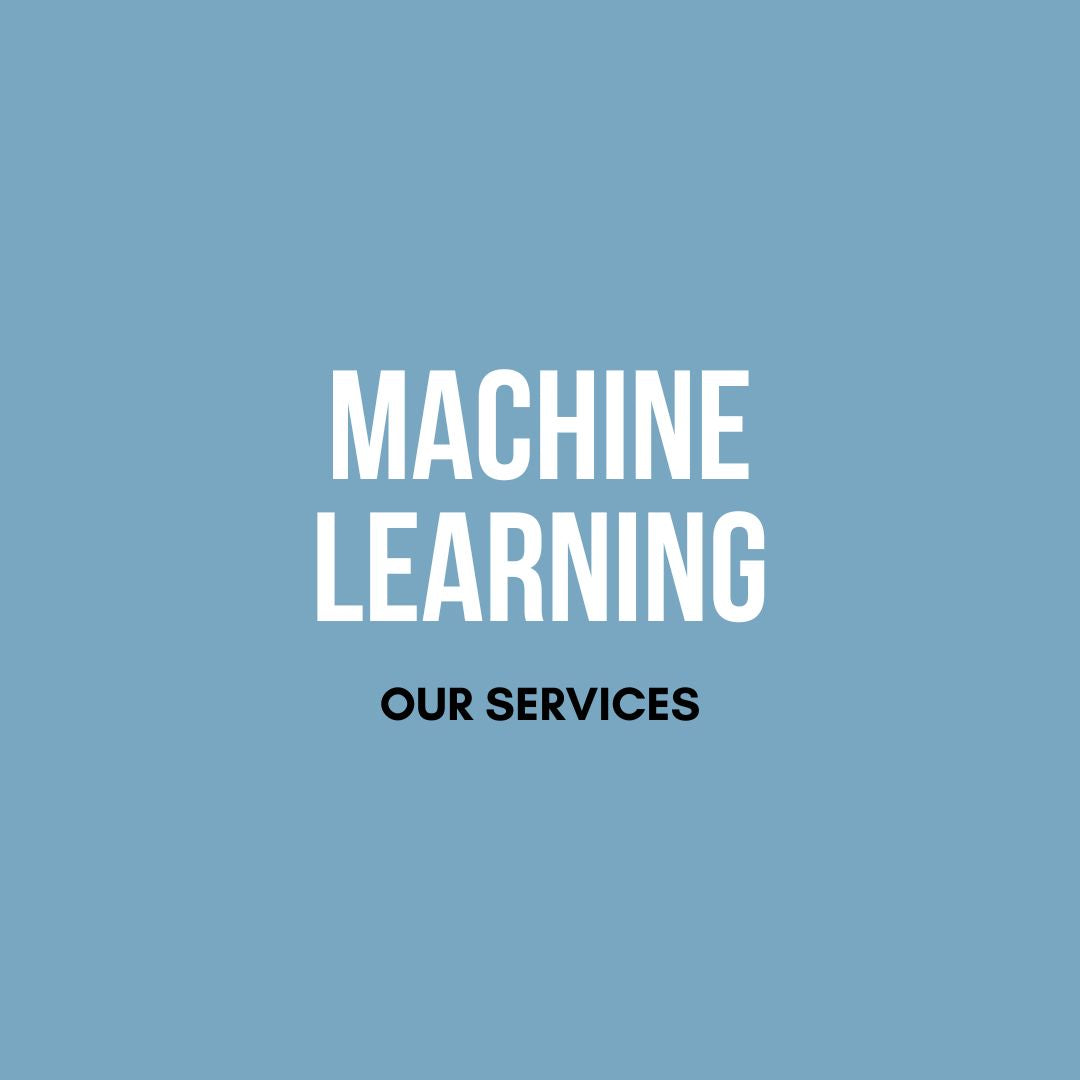
Machine Learning
The essence of machine learning lies in its ability to process and analyze vast amounts of data, learning from it to make informed decisions or predictions. Unlike traditional software that operates on explicit programming, machine learning algorithms improve automatically through experience. This capability is particularly beneficial in today's data-driven world, where businesses generate and collect large volumes of data daily.
One of the primary applications of machine learning in the business context is in the realm of predictive analytics. By analyzing historical data, machine learning models can identify patterns and trends, helping businesses anticipate future outcomes. For instance, in the retail sector, machine learning algorithms can predict customer buying behavior, enabling companies to tailor their marketing efforts, manage inventory more effectively, and enhance the overall customer experience.
Another significant application is in the field of customer service. Machine learning algorithms can power chatbots and virtual assistants, providing quick and efficient customer support. These AI-driven tools can handle a large volume of queries simultaneously, ensuring prompt responses and high customer satisfaction. Moreover, they learn from each interaction, continuously improving their ability to resolve issues and answer questions accurately.
In marketing, machine learning has brought about a paradigm shift. It enables hyper-personalization, where marketing messages and offers are tailored to individual preferences and behaviors. By analyzing customer data, machine learning algorithms can segment audiences more effectively and predict which marketing messages will be most effective for each segment. This level of personalization was unimaginable a few years ago and is now a reality, thanks to machine learning.
Machine learning also plays a crucial role in enhancing operational efficiency. For example, in the manufacturing sector, machine learning algorithms can predict equipment failures before they occur, enabling preventive maintenance. This not only reduces downtime but also extends the life of the equipment. Similarly, in supply chain management, machine learning can optimize logistics, forecast demand, and manage inventory, leading to cost savings and improved efficiency.
The integration of machine learning into business processes also opens up new avenues for innovation. By analyzing market trends and consumer behavior, machine learning can help businesses identify new product opportunities or areas for improvement in existing products. This can lead to the development of innovative products and services that meet evolving customer needs.
At Soda Spoon, we understand that implementing machine learning requires a strategic approach. It starts with identifying the right use cases where machine learning can add value. This involves understanding the business objectives, the available data, and the potential impact of machine learning solutions. Once the use cases are identified, the next step is to collect and prepare the data. Machine learning models are only as good as the data they are trained on, so ensuring high-quality, relevant data is crucial.
Developing machine learning models requires expertise in data science and machine learning algorithms. Our team at Soda Spoon comprises experienced data scientists and machine learning experts who are adept at building, training, and deploying machine learning models. We use state-of-the-art tools and technologies to ensure that our models are accurate, efficient, and scalable.
Once the models are developed, they need to be integrated into the business processes. This requires a collaborative effort between the data science team and the business units. Our approach at Soda Spoon is to work closely with our clients throughout the implementation process, ensuring smooth integration and minimal disruption to existing operations.
Monitoring and continuous improvement are key aspects of machine learning implementation. Machine learning models can drift over time as data patterns change. Regular monitoring and updating of the models are essential to maintain their accuracy and effectiveness. Our team provides ongoing support and maintenance, ensuring that the machine learning solutions continue to deliver value.
In conclusion, machine learning offers immense potential for businesses looking to leverage data for competitive advantage. Whether it's enhancing customer experience, improving operational efficiency, or driving innovation, machine learning can be a game-changer. At Soda Spoon, we are committed to helping our clients harness the power of machine learning to transform their businesses. With our expertise and strategic approach, we ensure that our clients not only implement machine learning solutions but also derive maximum value from them.



















